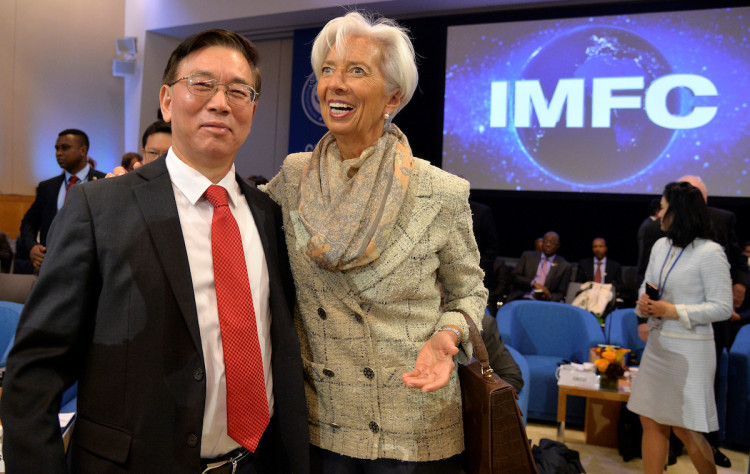A bill filed in the U.S. House of Representatives on Nov. 13 aimed at preventing China from receiving funding from the World Bank has received the support of hedge fund manager Kyle Bass, a vocal China critic in the U.S. business commnity.
U.S. Congressman Anthony Gonzalez (R-OH) introduced H.R. 5051, or the Accountability for World Bank Loans to China Act. If passed into law, the bill will curb the World Bank from funding China by graduating the country from the World Bank's International Bank for Reconstruction and Development (IBRD) program.
The IBRD program provides economic-development loans to middle-income developing countries. The threshold for graduation from the IBRD program now stands at a gross national income (GNI) per capita level of $6,975. China has exceeded this cutoff since 2016. China's GNI per capita stands at $9,470. China has received $7.8 billion from the World Bank IBRD since 2016.
"The United States cannot afford to give the World Bank a blank check as long as they continue to make cloudy investments and misuse taxpayer dollars by providing loans to countries that do not and should not qualify for them," said Gonzalez.
His view was seconded by Bass, who has tried to short the Chinese yuan and predicted the collapse in the Chinese banking system in the past. Bass founded Hayman Capital Management, L.P., a Dallasthe -based hedge fund focused on global events.
"Why on earth is the World Bank lending China $3 or $4 billion a year?" asked Bass on CNBC's "Squawk Box." "We're lending money to the country that's the second-largest in the world. That's putting up quantum-based satellites, that's the largest consumer of Patek Philippe watches, Rolls-Royce, Chateau Lafite Rothschild. And the U.S. consumer -- the U.S. taxpayer -- is the guarantor of World Bank loans."
Bass has kept restating his pessimistic view of U.S.-China relations and the bitter trade war against China launched by Trump in June 2018. He previously said without state support, ther yuan will likely plunge because only a few investors choose to use the yuan to settle transactions.
He also claims unreliable investment standards in China make financial stakes in Chinese firms dangerous. Bass then called the on U.S. regulators to crack down on the "insane" nature of business standards between China and the U.S.





